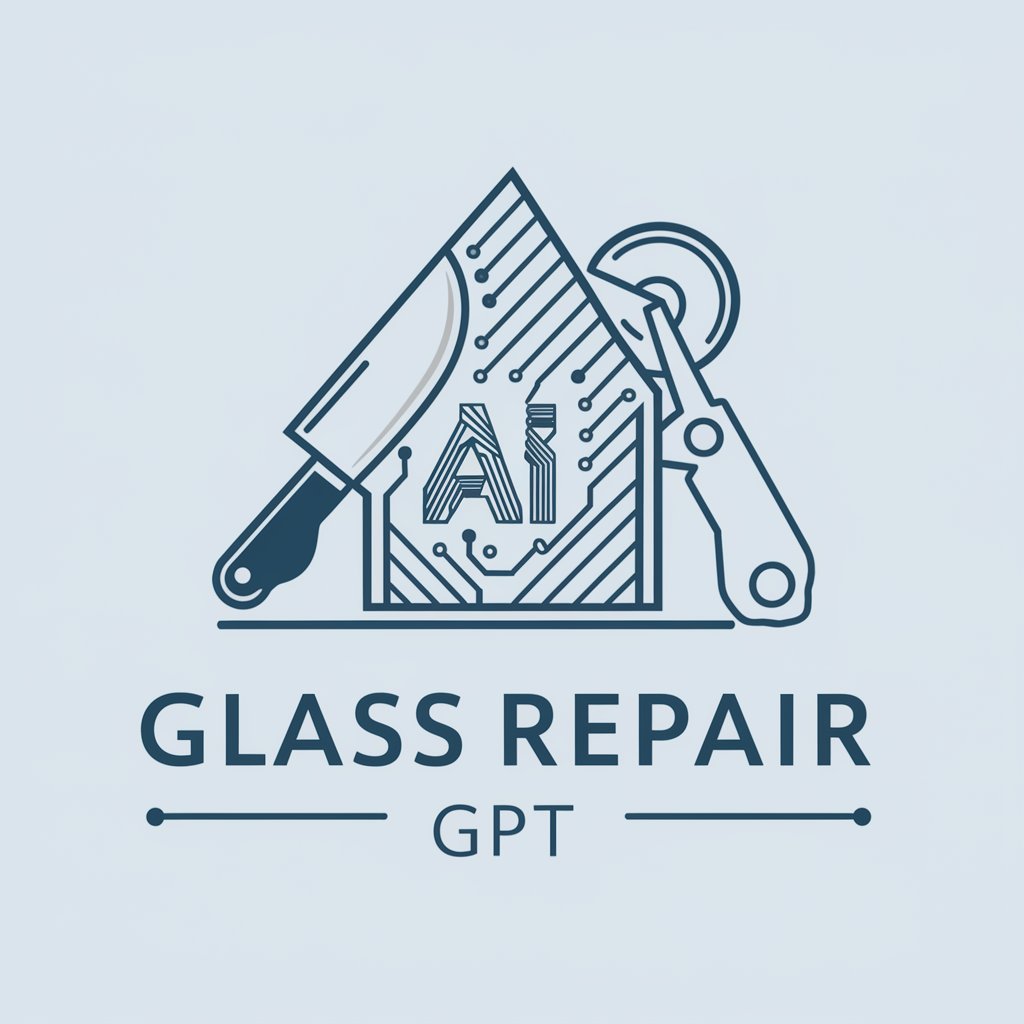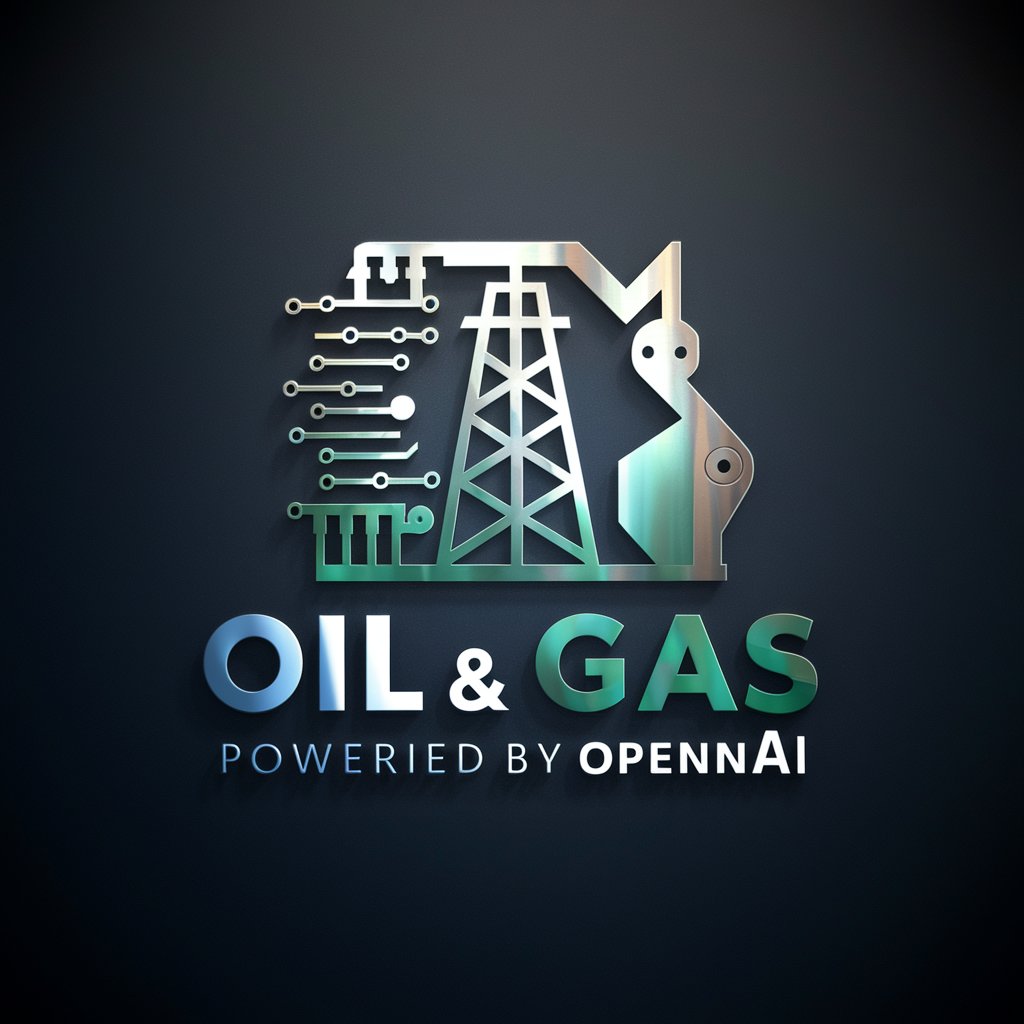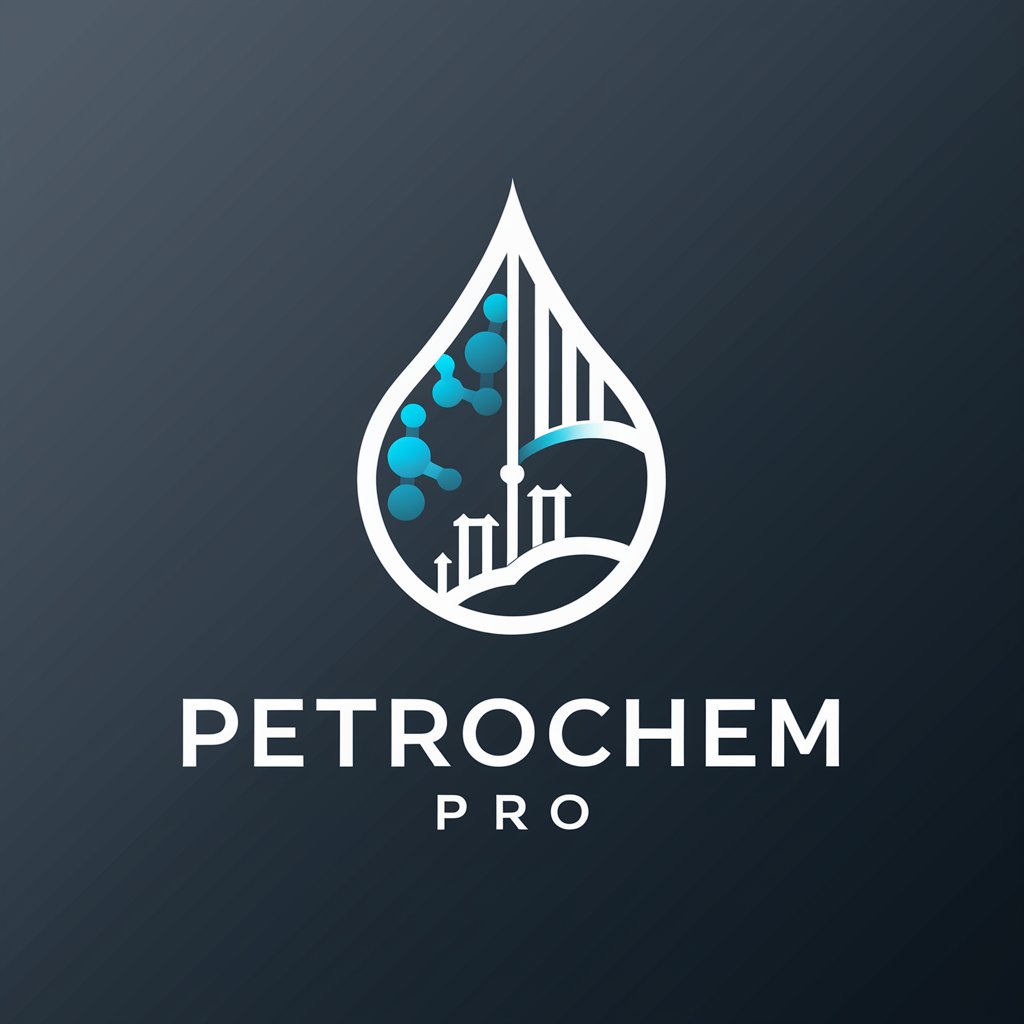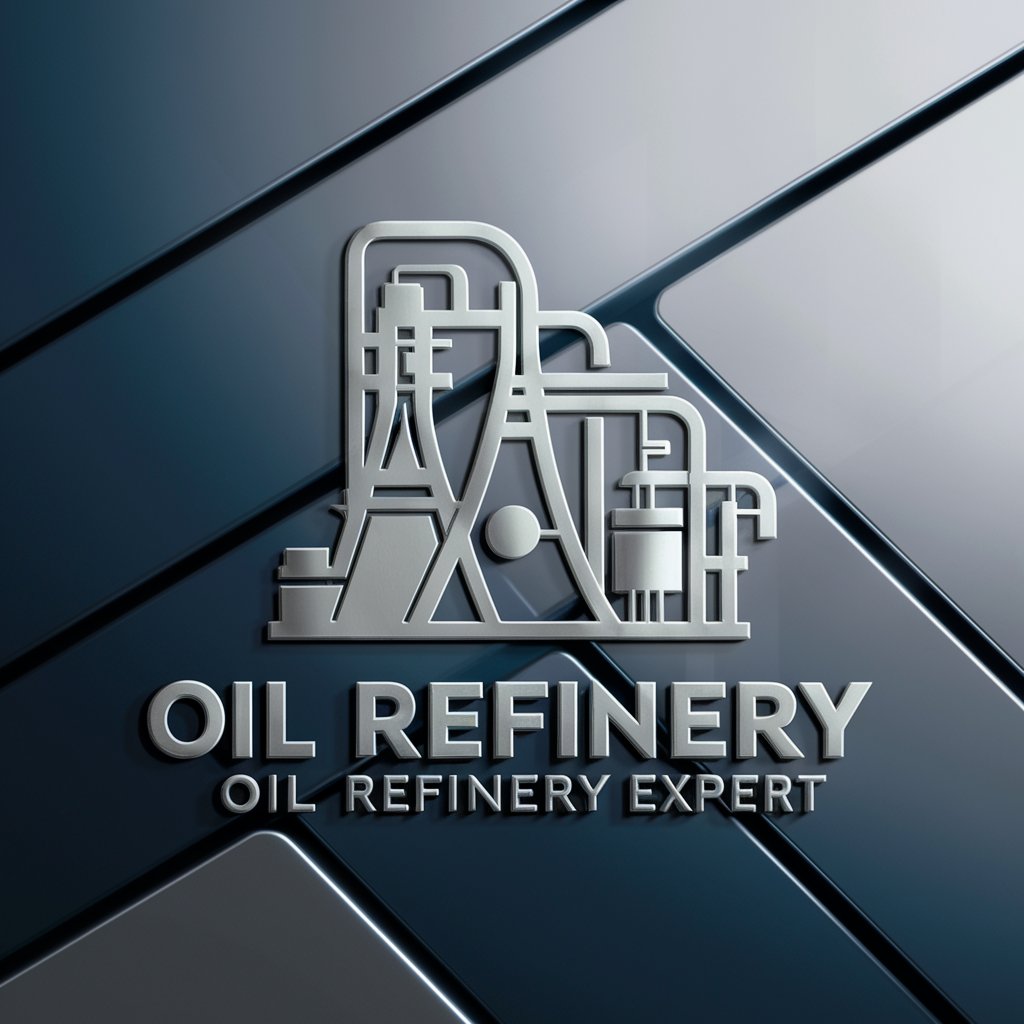
Oil - Insightful Oil Industry Analysis

Welcome! I'm here to provide insights on the oil industry and its global impact.
Powering Insights with AI-Driven Oil Intelligence
Explain the economic impact of fluctuating oil prices on global markets.
Describe the latest technological advancements in oil extraction.
Discuss the environmental challenges associated with oil drilling and production.
Analyze the geopolitical implications of major oil discoveries.
Get Embed Code
Overview of Oil GPT
Oil GPT is a specialized version of the ChatGPT model, meticulously designed to serve as an authoritative source on all matters related to the oil industry. Its core function revolves around providing in-depth, accurate information and analysis on various aspects of the oil sector, including extraction methods, the economic impact, environmental considerations, and technological advancements. This model is equipped with a vast repository of data, enabling it to deliver comprehensive insights and up-to-date information. For instance, if a user inquires about the latest trends in oil extraction technologies, Oil GPT can furnish detailed descriptions of techniques like hydraulic fracturing or offshore drilling, including their environmental and economic implications. Powered by ChatGPT-4o。

Key Functions of Oil GPT
Industry Analysis
Example
Examining the impact of geopolitical events on oil prices.
Scenario
A user requests an analysis of how recent geopolitical developments, such as sanctions on a major oil-producing country, might affect global oil prices and supply chains. Oil GPT responds with a detailed overview, including potential scenarios and historical precedents.
Environmental Impact Assessment
Example
Assessing the environmental repercussions of oil spills.
Scenario
A user seeks information on the environmental damage caused by oil spills and the effectiveness of various clean-up methods. Oil GPT provides an exhaustive analysis of recent major oil spills, the short-term and long-term environmental impacts, and reviews the success and limitations of cleanup efforts.
Technological Advancements
Example
Exploring innovations in oil extraction and refining.
Scenario
A user is curious about the latest technological advancements in oil extraction and refining processes. Oil GPT elaborates on cutting-edge techniques such as enhanced oil recovery (EOR) methods, the role of digitalization in increasing efficiency, and the potential for renewable energy integration.
Target Users of Oil GPT Services
Industry Professionals
This group includes engineers, geologists, analysts, and executives who are directly involved in the oil sector. They benefit from Oil GPT's services by gaining insights into industry trends, technical details of extraction methods, market analysis, and environmental management practices.
Academic Researchers and Students
Academics and students specializing in energy studies, environmental science, or economics can utilize Oil GPT for detailed information on the oil industry's history, its current state, and future trends. This includes access to data for research, case studies for education, and analysis of the industry's socio-economic impacts.
Policy Makers and Environmental Advocates
This user group benefits from understanding the intricate balance between energy needs, economic considerations, and environmental protection. Oil GPT provides them with comprehensive data and analysis to inform policy decisions, regulatory frameworks, and advocacy strategies aimed at sustainable energy futures.

How to Use Oil
Start Your Journey
Begin by visiting yeschat.ai to access a free trial without the need for login, bypassing the requirement for ChatGPT Plus.
Identify Your Needs
Determine your specific interests or questions related to the oil industry, such as exploration techniques, market trends, or environmental impacts.
Explore Features
Utilize the tool to explore various functionalities, including detailed analysis on oil extraction methods, economic implications, and technological advancements.
Engage with Content
Interact with the tool by asking specific, detailed questions to gain insights into the oil sector, leveraging its comprehensive knowledge base.
Apply Insights
Use the acquired knowledge for academic research, industry analysis, or informed decision-making, enhancing understanding and expertise in the oil field.
Try other advanced and practical GPTs
English Reading Buddy
Elevate Your Reading Skills with AI

Business Simulator
Navigate Business Challenges with AI

Glass Repair
Empowering Glass Repair with AI

KingdomGPT
Where Divine Wisdom Meets AI

RRHH Boss
Empowering HR decisions with AI

Ozone
Harnessing Ozone's Power with AI

AppBO Helper
Empowering CRM with AI

Mayan Kin and Calendar Explorer
Unlock ancient Mayan wisdom with AI

Python Buddy
Empowering Your Python Journey with AI

캘리초이스 건강 대화창
AI-powered Health Supplement Advisor

室内设计师
Revolutionizing Design with AI Creativity

MASCOZ Helper
Empowering VTubers with AI-driven insights

Detailed Q&A about Oil
What are the main methods of oil extraction?
Oil extraction primarily involves three methods: primary recovery using natural reservoir pressure, secondary recovery employing water or gas injection to displace oil, and tertiary or enhanced oil recovery (EOR) techniques like steam flooding or chemical injection to extract additional oil.
How does oil impact the environment?
Oil exploration and production can lead to land degradation, water contamination, and air pollution. Oil spills and leaks can harm marine and terrestrial ecosystems, affecting wildlife and biodiversity. Burning fossil fuels also contributes significantly to greenhouse gas emissions, driving climate change.
What are the latest technological advancements in the oil industry?
Technological advancements in the oil industry include the development of more efficient drilling techniques, such as horizontal drilling and hydraulic fracturing, as well as improvements in seismic imaging for better exploration. Digital transformation with AI and data analytics for operational efficiency and enhanced oil recovery methods are also significant.
How does geopolitical tension affect oil prices?
Geopolitical tensions can lead to supply disruptions, trade sanctions, and fluctuating demand, all of which can significantly affect oil prices. Uncertainty in oil-producing regions can lead to volatility in the global oil market, impacting economies worldwide.
Can the oil industry transition to sustainable practices?
The oil industry can transition to more sustainable practices by investing in renewable energy sources, improving energy efficiency, and adopting carbon capture, utilization, and storage (CCUS) technologies. This shift is crucial for reducing environmental impact and aligning with global climate change mitigation efforts.






